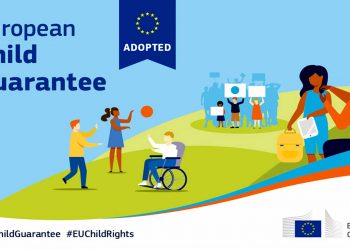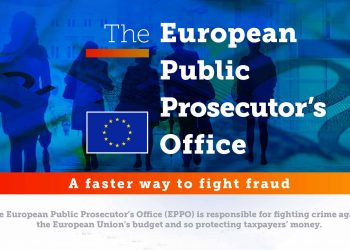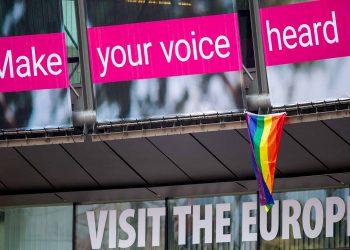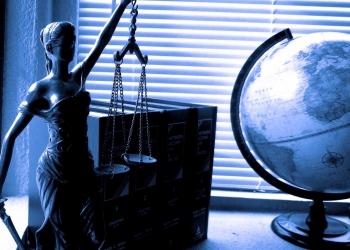Racism is a reality in the lives of many ethnic and religious minorities in the EU. However, the extent and manifestations of this reality are often unknown and undocumented, especially in official data sources, meaning that it can be difficult to analyse the situation and to establish solutions to it.
Racism killed George Floyd
USA has been paralysed by nationwide protests over the death of an African-American man in police custody. George Floyd, 46, died after being arrested by police outside a shop in Minneapolis, Minnesota. Protests over the death of Floyd spread around the United States, as the case renewed anger over other recent cases involving African-Americans.
I can’t breathe!

“I can’t breathe,” Mr Floyd said repeatedly, pleading for his mother and begging “please, please, please”. For eight minutes and 46 seconds, Mr Chauvin kept his knee on Mr Floyd’s neck, the prosecutors’ report says. George Floyd was pronounced dead around an hour later. Today President Trump ordered military to stand by as protests spread to several cities. Protests were largely peaceful as demonstrators marched in the streets fo several cities but they become soon more aggressive. For one more day, thousands protest police brutality and racism.
Darkness cannot drive out darkness; only light can do that. Hate cannot drive out hate; only love can do that.
Martin Luther King III
Being Black in the EU
Almost twenty years after adoption of EU laws forbidding discrimination, people of African descent in the EU face widespread and entrenched prejudice and exclusion. Racial discrimination and harassment are commonplace. Experiences with racist violence vary greatly across countries, but reach as high as 14 %. Discriminatory profiling by the police, too, is a common reality. Hurdles to inclusion are multi-faceted, with many respondents facing discrimination during their job search and when looking for housing.
Police stops are often experienced as racial profiling
Large numbers of people of African descent who are stopped by the police say they experience racial profiling. They also report an unlawful practice that undermines their trust in law enforcement authorities. Racial discrimination is a reality in all areas of life. People of African descent regularly feel discriminated against in many areas of life, whether on the basis of skin colour, ethnic origin or religion. Very few report discrimination they experience to any organisation, despite knowing of equality bodies and antidiscrimination law.
A riot is the language of the unheard.
Injustice anywhere is a threat to justice everywhere.
Martin Luther King III
Significant proportions of people of African descent experience racist harassment and racist violence in the 12 countries surveyed, including at the hands of the police. Very few report such racism incidents to any authority or body.
What is Hate of Speech for you?
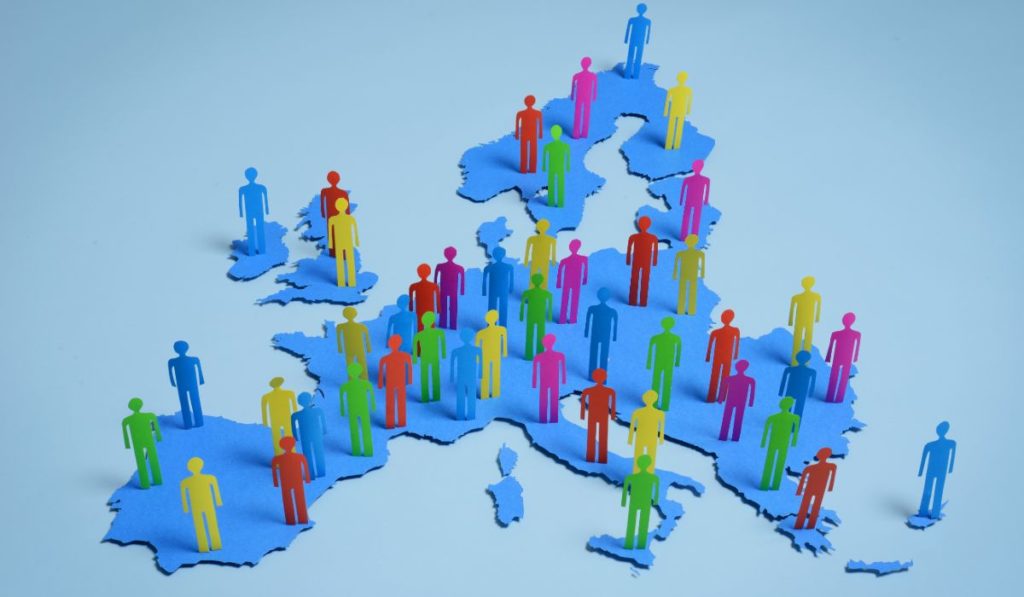
One third of respondents (30 %) say they experienced racist harassment in the five years before the survey; one fifth (21 %) say they did so during the 12 months preceding the survey. Yet only 14 % of victims of racist harassment reported the most recent such incident to any authority. Experiences of racist harassment most commonly involve offensive non-verbal cues (22 %) or offensive or threatening comments (21 %), followed by threats of violence (8 %).
The time is always right to do what is right.
Martin Luther King III
Antisemitism in Europe
Antisemitism can be expressed in the form of verbal and physical attacks, threats, harassment, discrimination and unequal treatment, property damage and graffiti or other forms of speech or text, including on the internet. Antisemitic racism incidents and hate crime violate fundamental rights, especially the right to human dignity, the right to equality of treatment and the freedom of thought, conscience and religion.
Jewish life has been an intrinsic part of Europe for many centuries and, tragically, so has Jew-hatred. In recent years, antisemitism has been on the rise once again. When looking into how Jewish Europeans see their future in Europe in the current climate, the obvious people to ask are the young.
The continent’s Jewish population has long been in demographic decline. But that decline is at risk of accelerating. Among the over 2,700 young people who participated in the EU Fundamental Rights Agency’s second large-scale survey is on Jewish people’s experiences. 4 Jews out of 10 say they have considered emigrating because they do not feel safe as Jews.
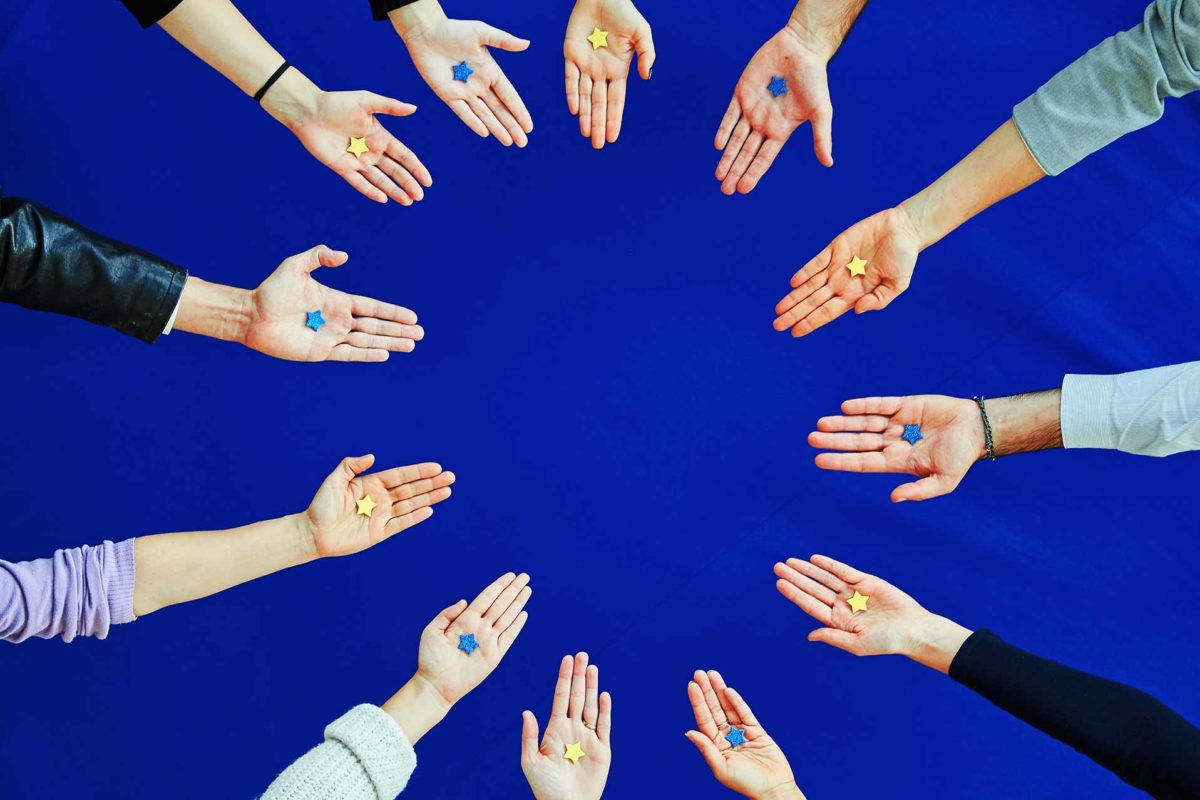
European Network Against Racism
The European Network Against Racism reports on hate crimes with a racial bias between 2014 and 2018. ENAR examines data from 24 EU Member States. Data suggest that racially motivated crimes are on the rise in many EU countries. Authorities are still reluctant or have difficulty with investigating and prosecuting crimes with a racial bias as hate crimes.
While many EU Member States have guidelines, policies or instructions that support police and prosecutors in recording or investigating hate crimes, evidence suggests that police are not taking reports of racially motivated crimes seriously. Factors that seem to contribute to the lack of action include:
- When certain groups, especially Roma, report the crimes
- Witnesses to the crime are the same ethnicity as the victim Racial stereotyping
Police officers investigating the crime have the power to declare whether the crime has a racist motive. But it is often more straightforward to investigate criminal acts without looking into motivations, which can lead to ‘silencing’ victims and witnesses to hate crimes. Prosecution of hate crimes can be hindered by poor recording and investigation practices by the police, lack of training and limited resources, among other factors.
ENAR Shadow Report
The report covers 24 EU Member States: Austria, Bulgaria, Croatia, the Czech Republic, Cyprus, Denmark, Estonia, Finland, France, Germany, Greece, Hungary, Ireland, Italy, Latvia, Lithuania, Malta, the Netherlands, Poland, Portugal, Romania, Slovakia, Spain and the United Kingdom. The data collected for this report are based on the analysis of 24 questionnaire responses using NVivo. ENAR developed the questionnaire and the responses to the questionnaire were based on national research.
Data suggest that racially motivated crimes are on the rise in many EU Member States. Major events such as terrorist acts can cause spikes in the numbers of recorded hate crimes. In France, the United Kingdom and Germany, there was an increase of antisemitic acts in 2018, and an increase of anti-Muslim incidents reported in France and the United Kingdom following terrorist attacks in 2015, 2017 and 2018.
The official numbers of racially motivated crime are generally considerably lower than those reported by civil society organisations. In the absence of any clear official data, civil society is filling this gap. Several Member States have developed informal and formal mechanisms of cooperation between civil society organisations and the police or government departments. However, the relationship between civil society organisations and the authorities are not without their difficulties.
Under-reporting and mistrust of the police
There are myriad reasons why victims do not report hate crimes. Victims may be embarrassed or do not realise that they are part of a trend of targeted criminality; there may be cultural-lingual barriers or they just do not know who to call. It is often cited, however, that for victims of racially motivated crimes, police mistreatment, abuse and brutal violence is a determining factor in a victim’s decision to not report crimes to the police.
Roma in Europe
In some Member States and for some ethnic and racial groups, the mistreatment by the police is historic, systemic and deeply embedded in their practice. In Bulgaria, a judge states that Roma people are subject to racism and abuse (including institutional) by the police for years. These cases of police abuse are not documented, often because police officers dealing with a complaint do not leave a paper trail on purpose.
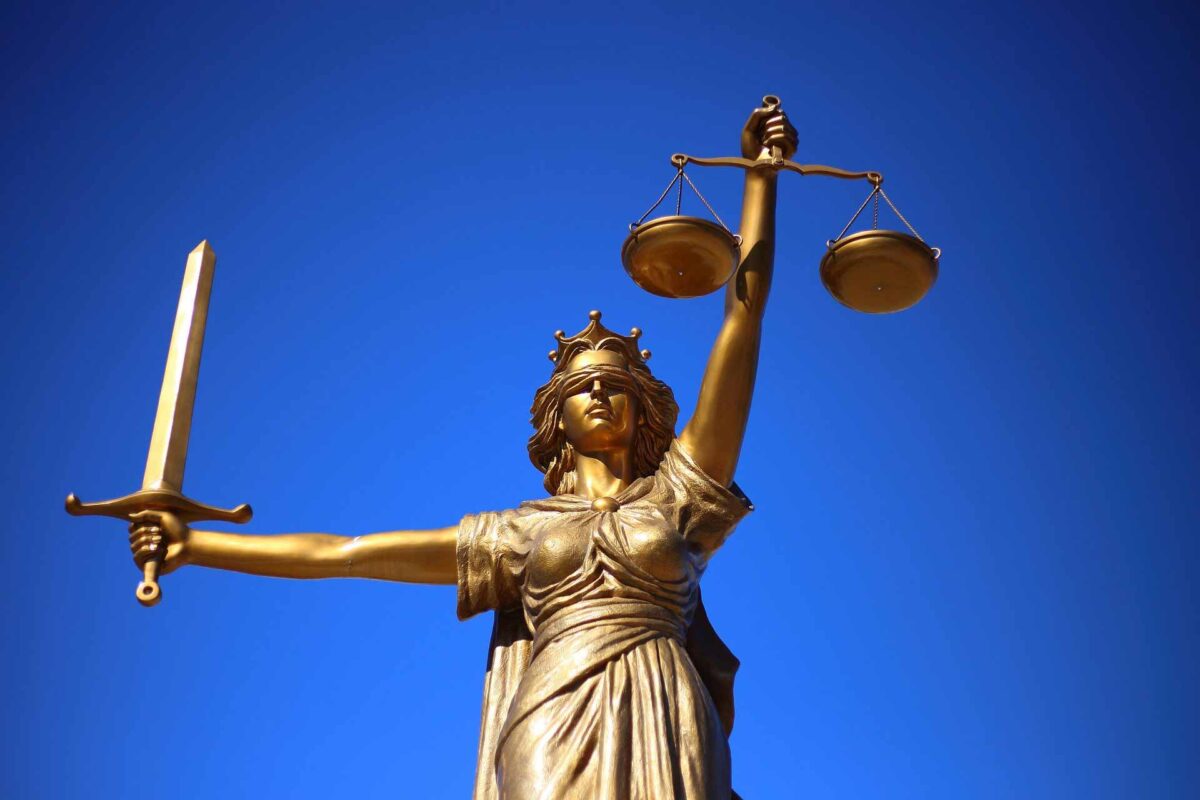
Civil society hate crime data
In several Member States, there are civil society organisations collecting hate crime data. The following examples are a small sample of the varied work that civil society organisations carry out in response to hate racism crime.
Collective Against Islamophobia in France (CCIF)
For years, the CCIF has been recording Islamophobic acts. The racism intranet tool introduced in 2014 has improved the accuracy and efficiency of case management, insofar as this tool facilitates the production of data and graphic analysis of hate crimes. The online platform automatically generates statistics that allows CCIF to have full visibility on the number of people who use it and the number of Islamophobic acts in real time. The CCIF legal department systematically examines every report received.
Greek Racist Violence Recording Network (RVRN)
The RVRN applies a strict methodology from the outset, recording racism incidents exclusively on the basis of interviews conducted with the victims. The victims’ willingness to come forward is therefore key in terms of the number of incidents that are actually recorded.
ENAR Ireland
ENAR Ireland uses the iReport.ie online platform, through which users self-report incidents. Analysis of the survey data, including coding and analysis of the narrative. Dr Lucy Michael leads as sociologist with a background in criminology and law. Analysis of the iReport.ie data is regularly submitted in articles to reputable international peer review journals.
In IUSTITIA (Czech Republic)
In IUSTITIA has systematically collected information on hate incidents with the aid of six tools: field work; an online form; a telephone line; collaboration with non-governmental and non-profit organisations, community organisations and religious communities; collaboration with criminal justice authorities; and media and Internet monitoring.
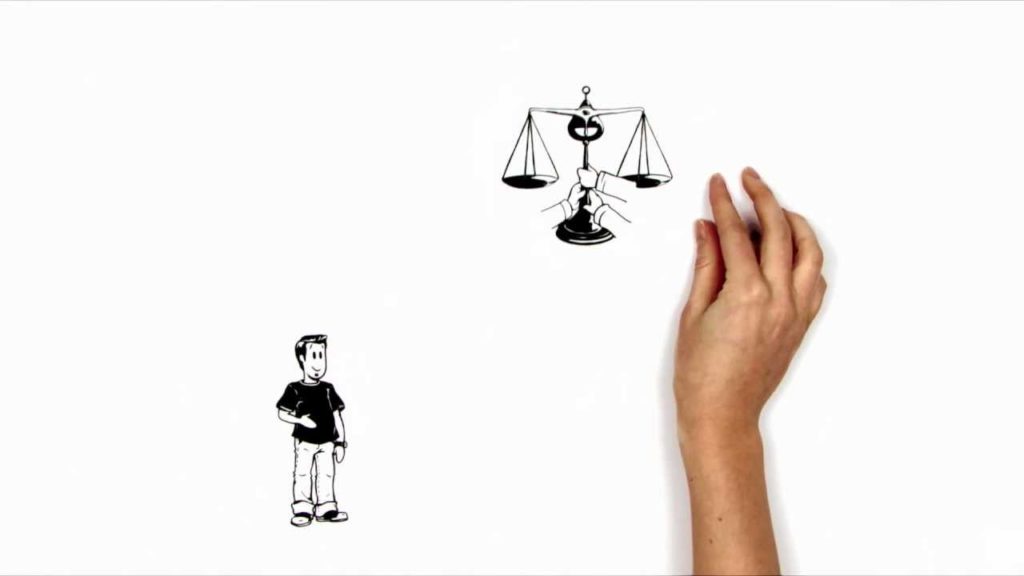
Racist crime & institutional racism in Europe
The report reveals how subtle forms of racism persistently appear in the criminal justice system from the moment a victim reports a racially motivated crime to the police, through to investigation and prosecution. This leads to a ‘justice gap’. A significant number of hate crime cases end up being dropped as a hate crime.
European non-discrimination law against Racism
Seventeen years after adoption of EU laws that forbid discrimination, immigrants, descendants of immigrants, and minority ethnic groups continue to face widespread discrimination across the EU and in all areas of life – most often when seeking employment. For many, discrimination is a recurring experience. European non-discrimination law, as constituted in particular by the EU non-discrimination directives, and Article 14 of and Protocol 12 to the European Convention on Human Rights, prohibits discrimination across a range of contexts and grounds.


